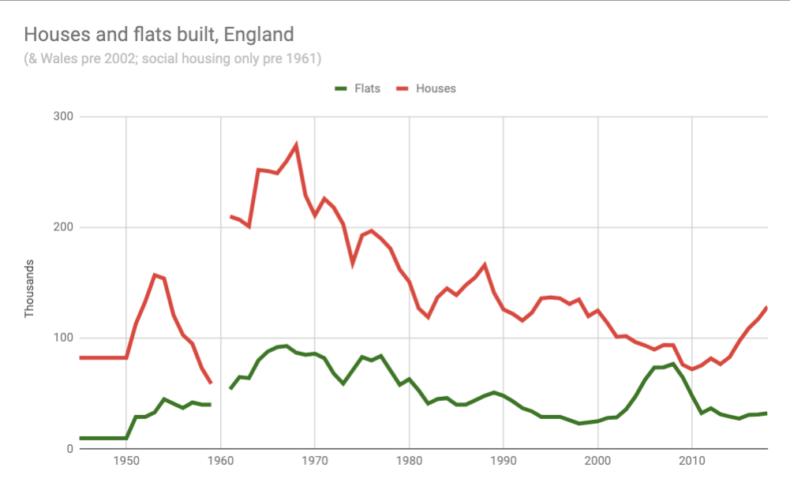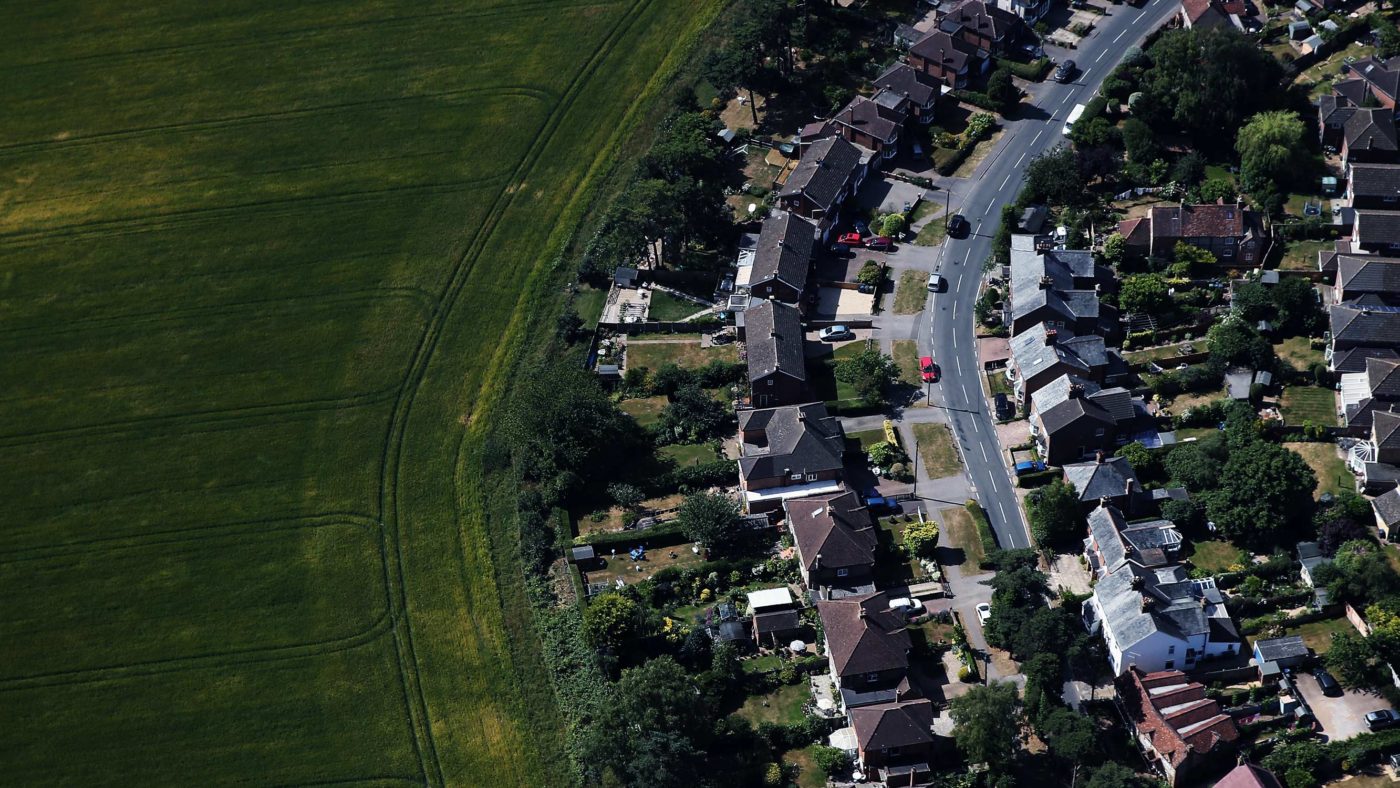Yesterday’s report from the Campaign to Protect Rural England about the brownfield land with space for a million homes perfectly illustrates the organisation’s many strengths, and its weaknesses.
With exquisite attention to detail, it demonstrates that there are unused sites in London with the potential for 170,000 homes. Someone has done a lot of work.
CPRE has been extraordinarily successful in preventing existing cities from sprawling further. It is the most powerful force against building homes in the countryside.
Where it has been weaker, sadly, is in recognising the appalling scale of our housing crisis, and the damage to average wages, the environment, opportunity and fairness caused by our epic shortage of homes within easy reach of the best jobs.
CPRE already has considerable planning expertise to support its members in their fight against homes on the green belt, but it has yet to hire a single economist.
The total price of the UK’s housing stock exceeds the cost of building it by some four trillion pounds, or two-fifths of the entire net worth of the United Kingdom, according to the latest available Office for National Statistics data. If CPRE employed a real, research-driven economist, they would explain that is a sign of scarcity on an epic, and profoundly harmful, scale.
It is entirely possible to admit the terrifying extent of our housing shortage and yet insist that it should be met within existing city boundaries, so long as you have a way to get enough homes built in those places.
But our current system gets nowhere near to doing that. In fact, it has never built remotely near enough flats – no more than 100,000 a year, less than a third of what we need. Nothing short of a substantial upgrade will do the job.

Source: Holmans; MHCLG Live Tables 209 and 254
It was, perhaps, defensible to argue or imply we only needed one million more homes – setting aside the question of where – 40 years ago, before all the evidence about the scale of the housing shortage and the damage to labour mobility and average wages. Back then, denying the shortage was probably a convenient way to bolster arguments in support of the green belt.
To do so now is voodoo science. We are not just short of a few affordable homes in a few locations. We urgently need literally millions more homes in the south east within easy reach of good jobs – preferably via public transport. Most of CPRE’s million homes on brownfield are, sadly, too far away from where they are most needed.
Failure to build enough homes in the right places has driven down average wages across the country. It has driven down wages in the places left behind, because of a surplus of workers in those places. It has caused needless stress to tens of millions, made our cities less pleasant and less walkable, and caused unnecessary pollution from long, car-dependent commutes.
Denying or ignoring the scientific evidence on those points is not helping anyone or anything, least of all CPRE’s credibility.
We urgently need to do better. And we can, as I have explained before. One obvious way is to allow residents of a single street to vote to set a design code and give themselves permission to add more housing, subject to rules to protect others.
If CPRE really wants to defend the green belt, it urgently needs to speak up in favour of that proposal, or something just as powerful. Simply pointing to a few hundred thousand homes doesn’t cut it. Worse, it encourages the complacent or underinformed to think that everything will be fine if we just tweak a little here or there, and that it is fine to continue to block more badly-needed homes.
If we fail to add plenty of homes well and with local support in our existing cities, the pressure on the countryside will continue to build, as campaigners correctly complain that we are simply not building enough homes in total. CPRE claims not to want that. The way to avoid it is clear.
Come on, CPRE; you can do much better, and so can this country.
CapX depends on the generosity of its readers. If you value what we do, please consider making a donation.


